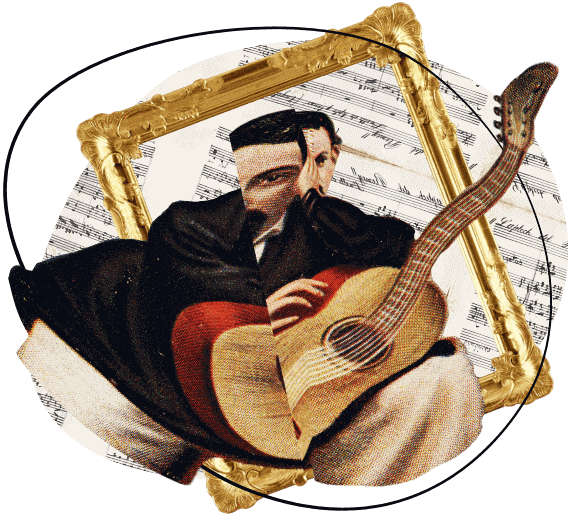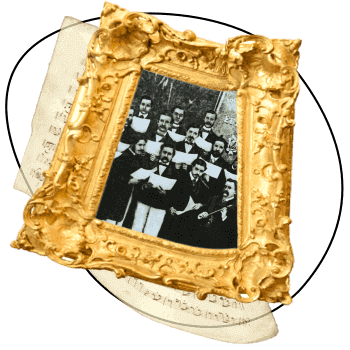LOADING
Close

In mid-19th century Barcelona, workers’ demands are growing, and the bourgeoisie fears a revolution. But one man can tame the mob — through music: Josep Anselm Clavé, baton in hand, controls thousands of workers in unison, on stage, in public view. With his proletarian choruses, he will beat the tempo of modern times…
Clavé is the founding father of choral music in Catalonia, and of the Cors de Clavé. He transformed how music was perceived and performed in 19th-century Spain. He composed dances and songs (with an Andalusian and exotic aesthetics) and used Catalan in his works. His texts show his political position during these turbulent times.
Clavé participated in riots in his youth. Influenced by French utopian socialism, he believed in cultural action to regenerate society, for which he always sought the collaboration of the popular classes. Associations created for workers, like the Cors de Clavé, were seen as fundamental to giving workers codes for social conduct.
Clavé was a politician affiliated with the Republican Federalist Party, closed to leftwing ideology, especially N. Monturiol’s and A. Terrades’. He was elected civil governor in Castelló de la Plana and Government Delegate in Tarragona. He was imprisoned several times (Barcelona’s Ciutadella, Madrid’s El Saladero) and sent into exile.
This online research project offers scholars a comprehensive study of nineteenth-century composer, politician, and activist Josep Anselm Clavé’s archive: a treasure trove of documents bearing witness to the travails, struggles, and political schemes of this Federalist Republican and self-appointment redeemer of Catalan society.


